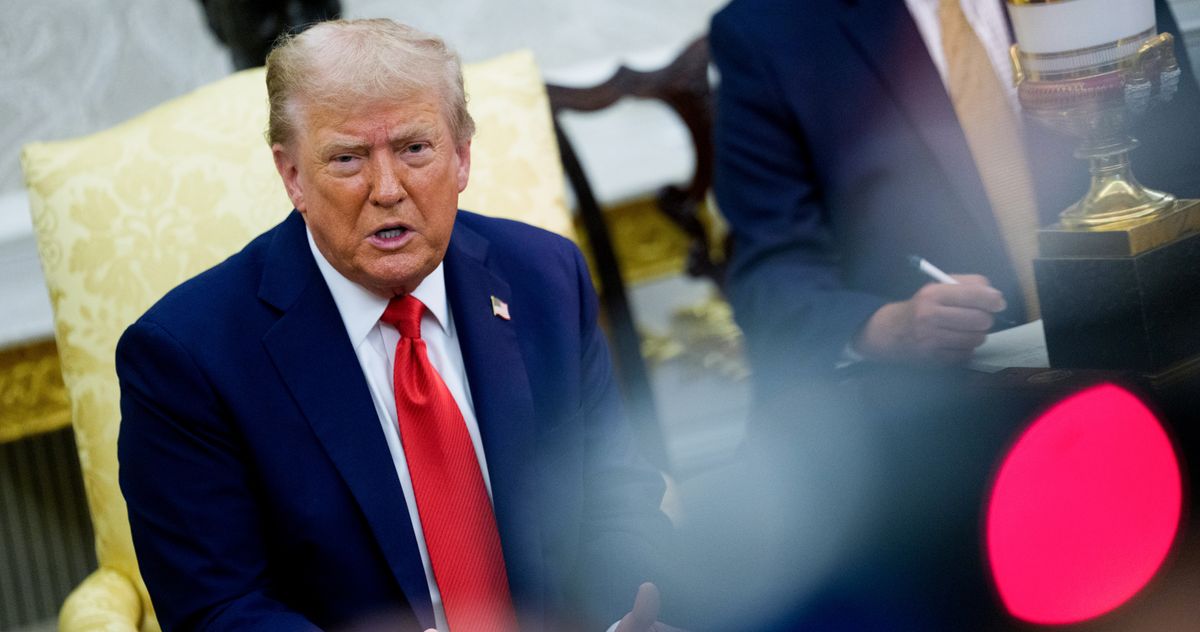
"This was a particularly fraught decision for Trump because his idea of "policy accomplishments" involved a vast expansion of presidential power, an inevitably controversial mass-deportation program, a return to protectionist economic strategies, and relentless threats of Mafia-style retribution against his enemies and critics. Given his incredibly high regard for his own uniqueness and his history of disdain for the Republican Party, it would have been the most natural thing in the world for Trump to write off the midterms"
"Within moments of his second inauguration, Trump pursued a course of unprecedented extremism that suggested he would be fine with vast midterm losses, deliberately alienating voting blocs (Latinos, younger voters, inflation-sensitive voters) that had moved in the GOP's direction in 2024 and exhibiting indifference to public opinion generally (a bit disguised by his habit of asserting vast popularity absent, or even against, any evidence)."
"But then something surprising began happening: Trump started showing considerable personal interest in his party's midterm prospects, interfering in Republican primaries to promote the most electable options (notably by shoving Marjorie Taylor Greene out of a Senate race) and making sure the White House is as focused on 2026 as he is. The standard take on Trump's motivation for this sudden decision to care about his party's fate is that it's actually all about himself: He's worried"
Donald Trump entered his second term facing the core second-term choice between using political capital for bold policy moves or prioritizing party electoral strength. He initially embraced an aggressive agenda: expanding presidential authority, launching mass deportations, adopting protectionist economics, and threatening retribution against opponents. That approach appeared to accept large midterm losses and to alienate Latinos, younger voters, and inflation-sensitive constituencies. After the inauguration, he pursued unprecedented extremism and displayed indifference to public opinion. Unexpectedly, he then began intervening in Republican primaries to favor electable candidates, notably displacing Marjorie Taylor Greene from a Senate race, and refocused the White House on 2026.
Read at Intelligencer
Unable to calculate read time
Collection
[
|
...
]